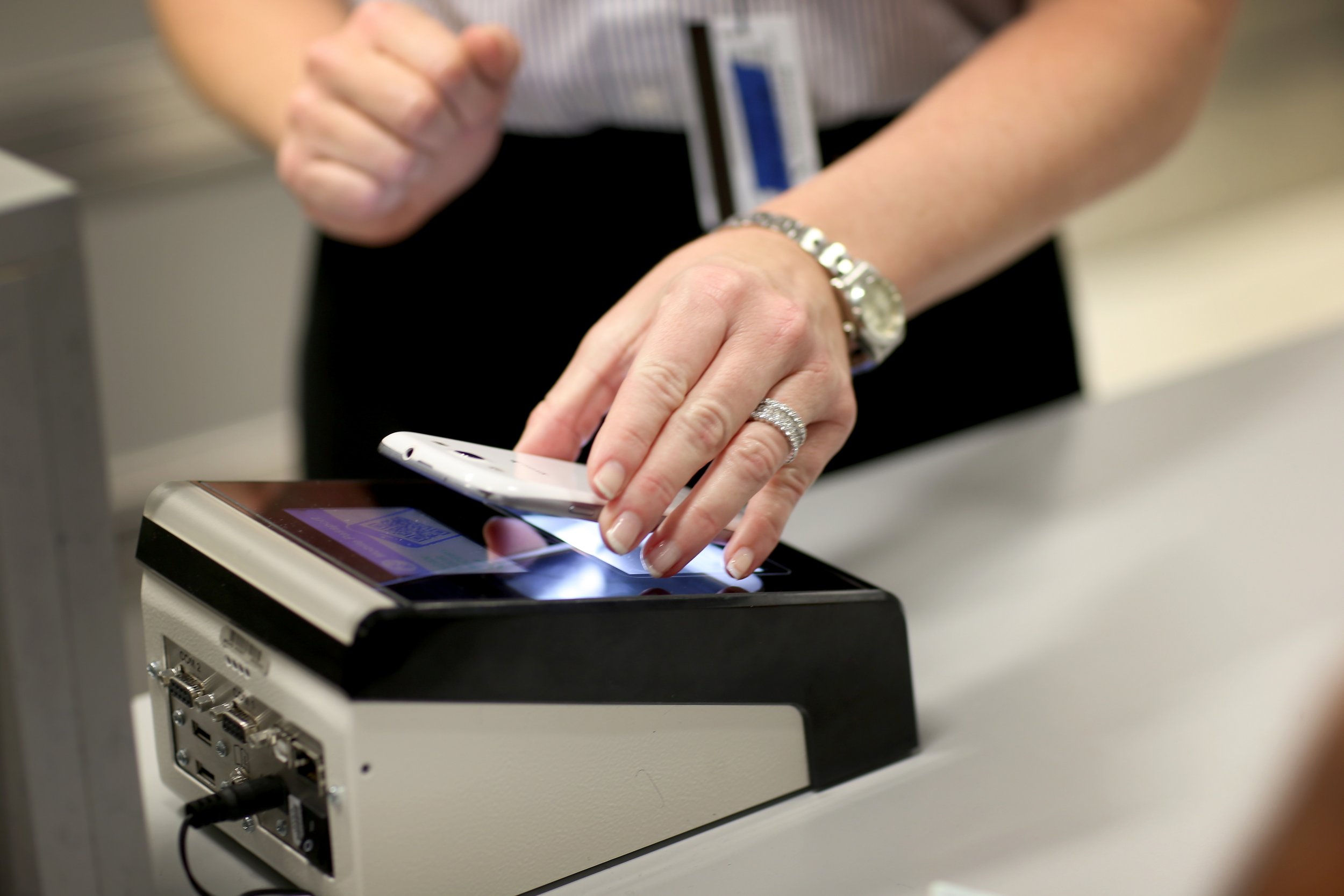
Privacy and freedom of expression groups have slammed Department of Homeland Security (DHS) plans to monitor and collect social media information on all immigrants to the United States.
The department published a new rule under the Privacy Act of 1974 in the Federal Register last week, detailing how it intends to expand the information it collects when determining a person's immigration status to include social media handles and potentially even search histories.
The new requirement, first reported by BuzzFeed News, is due to take effect on October 18—the same day that immigration restrictions pronounced on Sunday by President Donald Trump on citizens of eight countries come into force.
As well as immigrants to the United States, the new requirement would also affect permanent residents and naturalized citizens. By extension, it would also impact anyone who communicates with immigrants via social media, as their conversations could be reviewed by immigration officials.
"This would undoubtedly have a chilling effect on the free speech that's expressed every day on social media," said Faiz Shakir, national political director at the American Civil Liberties Union.
"This collect-it-all approach is ineffective to protect national security and is one more example of the Trump administration's anti-immigrant agenda."
Read more: Following online footprints to catch terrorists
Fight for the Future, a nonprofit dedicated to protecting internet freedom, cited the sonnet inscribed on the Statute of Liberty in protest at the measure, while other observers on social media questioned the motives behind the change, one going as far as to compare it to the yellow stars used by the Nazis to indicate Jews during the Holocaust.
Give us your tired, your poor your huddled masses yearning to breathe free. Also give us all their social media info https://t.co/VkOoAVCOxp
— Fight for the Future (@fightfortheftr) September 26, 2017
Why does this feel like yellow badges in 2017?
— Qasim Rashid, Esq. (@MuslimIQ) September 27, 2017
Oct 18—US Govt Will Start Collecting Social Media Info on Immigrants https://t.co/UUQfMXJ1Aw
The notice in the Federal Register proposes expanding the categories of information that the DHS can collect about immigrants to include "social media handles, aliases, associated identifiable information, and search results." The requirement also proposes scouring "publicly available information from the internet, public records, public institutions, interviewees, commercial data providers, and information obtained and disclosed pursuant to information sharing agreements."
Gizmodo pointed out that the "information sharing agreements" were not specified, but could include major surveillance agreements with countries—such as the Five Eyes agreement with the U.K., Canada, Australia, and New Zealand—and companies including Google and internet service providers.
The requirement appears to have originated from concerns raised about Tashfeen Malik, one of the attackers who killed 14 people in San Bernardino in late 2015, an immigration policy expert told BuzzFeed News. Malik was born in Pakistan and lived in Saudi Arabia before being granted a conditional green card in July 2015 after moving to the United States to marry her husband and fellow attacker, Syed Rizwan Farook.

The move is the latest in what appears to be heightened levels of social media surveillance under the Trump administration. In May, the administration approved a new questionnaire that required visa applicants to input their social media handles for the past five years.
Republican senator John Cornyn proposed a federal bill in August that would allow the DHS to screen the social media accounts of visa applicants from countries deemed to pose a high risk to national security. The bill also proposes other measures including the deployment of surveillance drones near the U.S. border and collection of immigrants' DNA.
The Electronic Frontier Foundation has said that the bill would "threaten the digital privacy and free speech of innocent foreign travelers" and would likely focus on visitors coming from majority-Muslim countries.
Uncommon Knowledge
Newsweek is committed to challenging conventional wisdom and finding connections in the search for common ground.
Newsweek is committed to challenging conventional wisdom and finding connections in the search for common ground.
About the writer
Conor is a staff writer for Newsweek covering Africa, with a focus on Nigeria, security and conflict.





